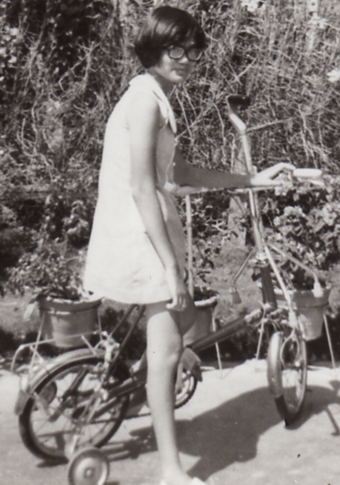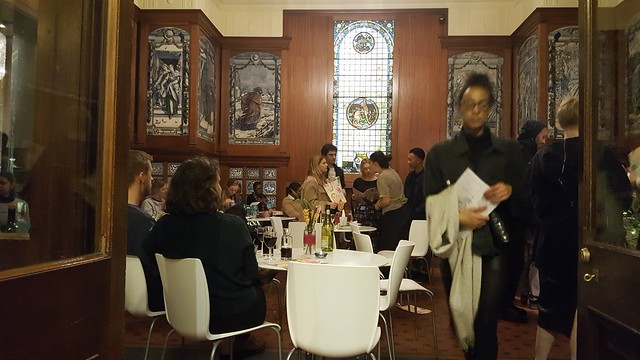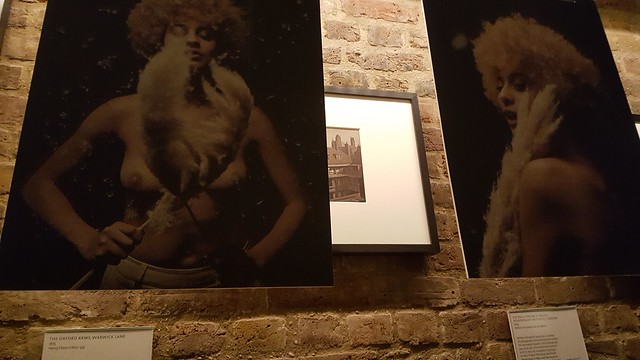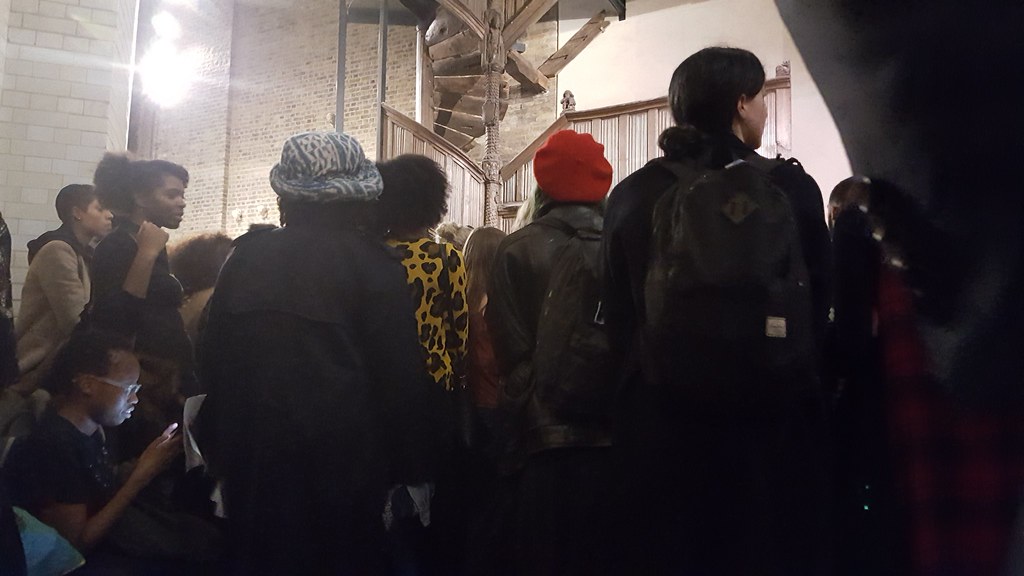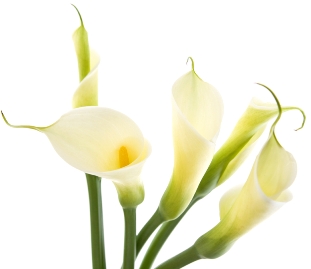This past weekend I was with other disabled women at the Sisters of Frida peer led facilitating course. Wonderfully lead by Nim Ralph and Lani Parker, we shared experiences, ideas and mentioned skills we can use for the project. It was an intense experience.
That weekend encapsulates a good deal of my day to day activism, my learning, my growing (and continuous growth) appreciation of sisterhood and feminism here in the UK. I cannot say I did not understand sisterhood when I went to an all girl school growing up in Malaysia. I have friends who have stayed like sisters to me from age seven when I started at primary school. But that type of communal childhood sisterhood also means your worldly experience is dependent on that – for me, with an East Asian perspective. I am not saying there are no East Asian feminists but that I was not exposed to those. I did not know about socialism /communism in China, I knew more about kings and queens in England. I did study Malaysian history but the only mention of a Chinese woman was Hang Li Po, supposedly a princess given to Sultan Mansur Shah in Melaka (Malacca) in the 15th century. No mention of any other woman of any other ethnicity. It might be my faulty memory but after racking my brains, I cannot, for the life of me, remember any. We did not study about the suffragettes…but I think we did have mention of the Dowager Empress (and her power). However my history lessons were supplemented by Chinese martial arts movies where women were just as strong and were not just bimbos to be rescued (and of course Chinese romance films as well where women were often victims, I also had a steady diet of Cantonese opera where I would be caught in the headiness of idolising female opera singers who play male roles. I never questioned the culture where genders can be changed in opera ) My best loved films were Come Drink with Me and A Touch of Zen

Why do I mention films? There should be a note of explanation here, my education was entirely in English (the impact of being part of the British empire, even though Malaysia was independent by then, all education was still colonial). I was not in a Chinese school, I was mainly illiterate in my mother tongue. I imbibed Chinese culture through watching films, the radio and what was gleaned from my parents and relatives. Notably a blinkered view of the richness that is Chinese culture. I read Chinese poetry translated in English and then try to fit it with my limited Chinese vocabulary. Ironically it helps me to understand English people who tell me they dont ‘get’ Shakespeare. I read Jane Austen, the Bronte sisters and comics with Wonder Women but there were none like my Chinese kungfu heroines who could fight as good as the men and win even.
Feminism was never part of my vocabulary or consciousness when I was growing up or even as a young adult at university. Are young women these days more aware? are we not all wrapped up with what the media choose to bombard them us on billboards, in magazines, in tabloids : how we should look and objectified. And young women are given how to behave and constrained by how they should comply with demands from male school mates so that they are on some kind of acceptance by their peers and included.
I was watching Korean series (as one does) Strong Woman Do Boon So I wondered at the story line – here is a young woman seen to have incredible strength but her dreams were still centred on a young man who did not reciprocate her love and her boss who is a rich twat who tells her what to do (even though he pays her well to be his bodyguard ). I found out that in South Korea, it is reported that there is an epic battle between feminism and deep seated misogyny.
I mention all these cultural type references because it is partly what motivates me to be the activist /campaigner I am today. I want to be part of the process of informing other disabled women /of colour about choices and alternatives. We do not have to conform to stereotypes – either those of our own communities with strong patriachal overtones or herein the west where it is not that much different except more nuanced perhaps – in that feminists can be judgmental and insistent that we conform to western ideals of feminism. I hope that because I have my experiences in either world, I can facilitate other women in their search. It is not an easy path when you juggle cultures, you can end up by being feeling alienated from all.
Having said that, I also understand the different journeys – just as I understand, in the different context – that it can take time to take in disability politics. I was slow to feminism, all my young life, I have been lead to hanker for a ‘normal’ life – to be a real woman, desired and be able to fulfil the feminine ideal. It is not easy to get away from the yoke of Confucianism, ironically my first lesson of feminism came from a Catholic nun from California when I was at a retreat in Dublin.



